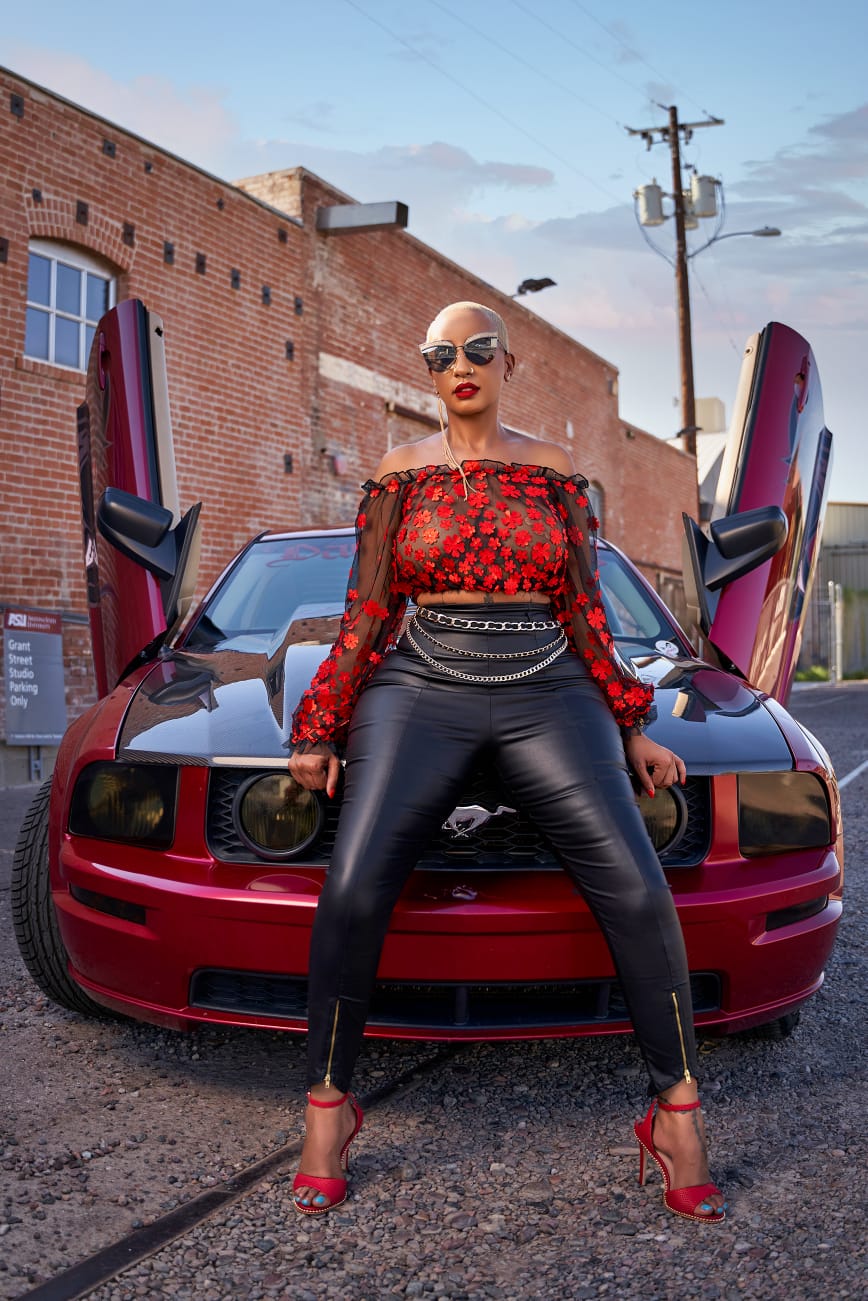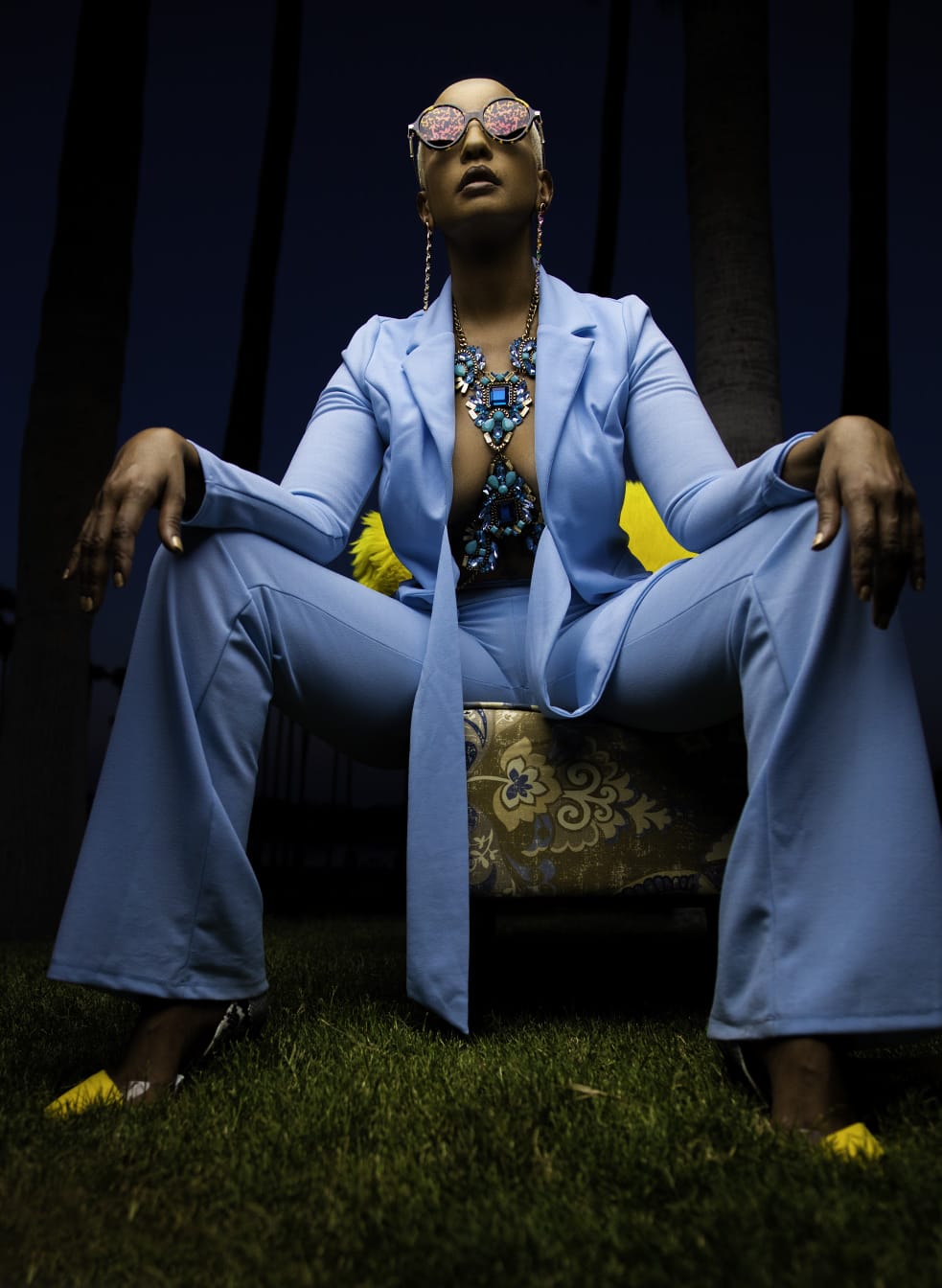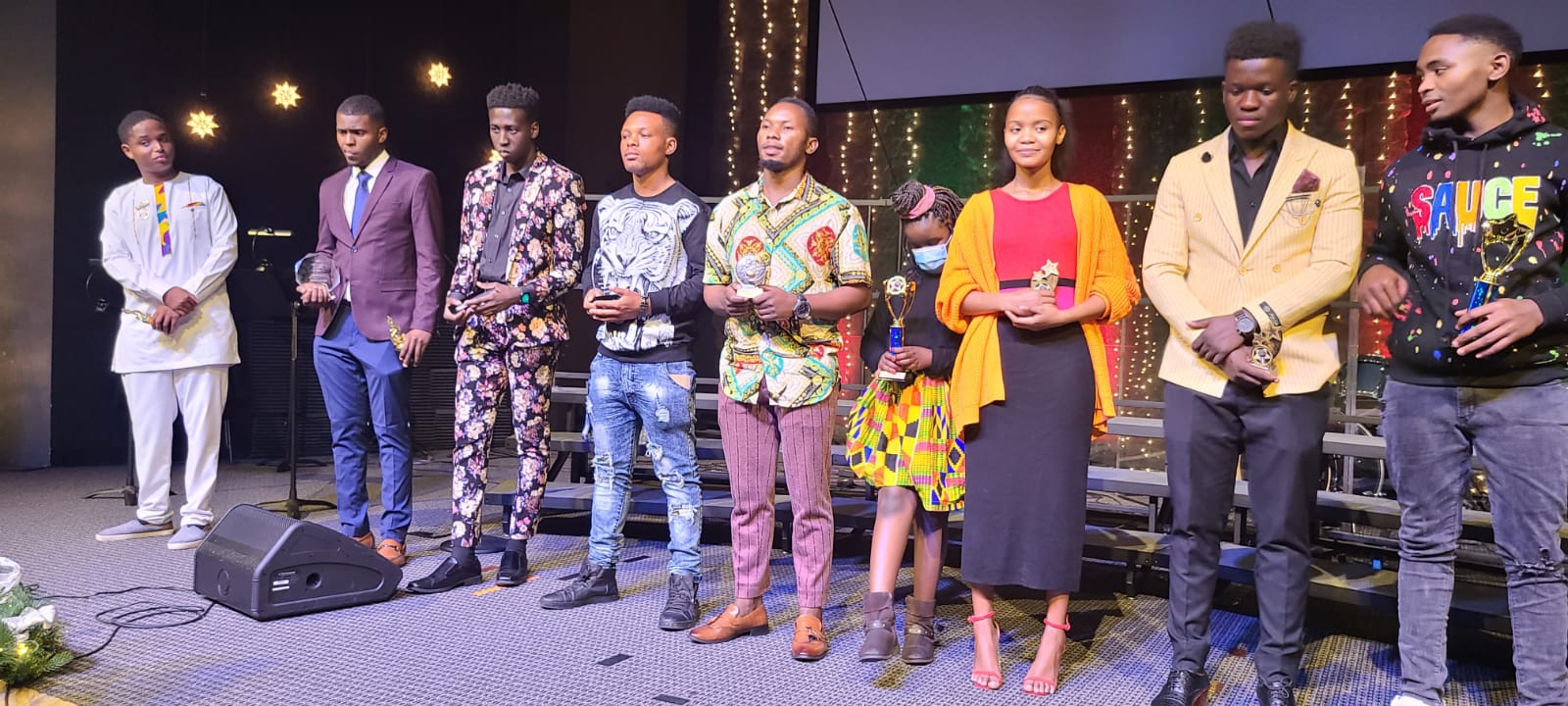It’s not an easy time to be a gospel artist in Kenya. The gospel niche comes with a strict code of societal expectations. Fans hold gospel idols to a high moral standard. As an artist grows, following the straight and narrow gets harder; what with an adoring legion of fans, groupies and followers.
Besides, it’s twice as hard building a gospel fan base. Fans are choosy – a gospel artist has to surpass boring adoration and praise songs. Fans demand the type of songs King David wrote about in Psalms!
The musical landscape is rapidly shifting, with countless gospel artists switching to secular content. Some artists make silent, no-fan-fare moves. The bold ones effectively torch the gospel bridge to the ground with grand declarations. It’s no longer news.
It’s different, though – when an artist abandons secular trappings of stardom to fully embrace gospel music.
US-based Kenyan secular artist, Msanii Foreman has evoked critical attention with a career switch to gospel music.
Foreman has established a solid secular portfolio in dance hall circles with a string of hits to his name: Simanyi ft. Berine Koroso & Faith Stan, Kiboko ft. Moabi Kotu and a satirical Fresh Barida Cover ft. Mungai Eve & Stevo.
In the new realm, Msanii Foreman has done two gospel video releases: Jango, featuring Jimmy Thee Artist & Flex Muziki and his latest single – Mkaribie.
Do you know why gospel artists are switching to secular music? Here’s why…..
The timeless hit ‘Memories’ by Maroon 5 is a global favorite. It’s a great band, no doubt – except; their lead singer Adam Levine is an unapologetic buffoon. When the band broke out, he bragged of dating a model in an interview, rating it as “one of the perks of being a rock star”.
The crowd laughed it off, but, really – it’s what music stardom is mostly about – the pursuit of fame, money and sex. Gospel artists crave a slice of the pie.
Above all, music is about business – no sales, no income. For independent gospel artists, business gets hard. There’s need to sign up a deal with a recording company. It’s akin to making a deal with the devil. The deal comes with strings attached.
A recording label contract finances recording, seeks concerts, distributes, advertise and promotes. It’s far fetched for a lone ranger gospel artist. So, for business’s sake the contract is binding: wholly controls the artist’s life. The decision to switch is more business than ideological and not for the gospel artist to make.
It’s easy to figure out Msanii Foreman’s strategy in gospel, going by his new singles: Jango and Mkaribie.
First off, there’s an innate desire to serve gospel values. He’s perfected an artistic style that spices up gospel by infusing afro beat and dance hall styles to native Swahili lyrics. Lastly, Msanii employs a content angle that steers clear of cliché song patterns of gospel music.
To clinch a larger audience, Foreman uses music to talk about life experiences, emotions, self-worth and relationships – with a divine undertone. Such songs are appealing even to non-Christians. Good music is universal.
Mkaribie throws off an easy, Sunday-afternoon feel – with easy, sing-along Swahili lyrics. The videographer is great, employing stunning camera angles, and a rich, vibrant color background. The artist freestyles, in a typical Kenyan pastor’s costume of ill-fitting bright suits and a well-thumbed Bible in his hand!
Mkaribie is the first of many gospel hits the gospel fraternity is sampling from Msanii Foreman. Besides, the artist has grown a solid Swahili audience in the US, largely to the Arizona Swahili Radio franchise.
What are your thoughts? I’d love your feedback.
Here’s the link to the gospel single Mkaribie, Msanii Foreman:











